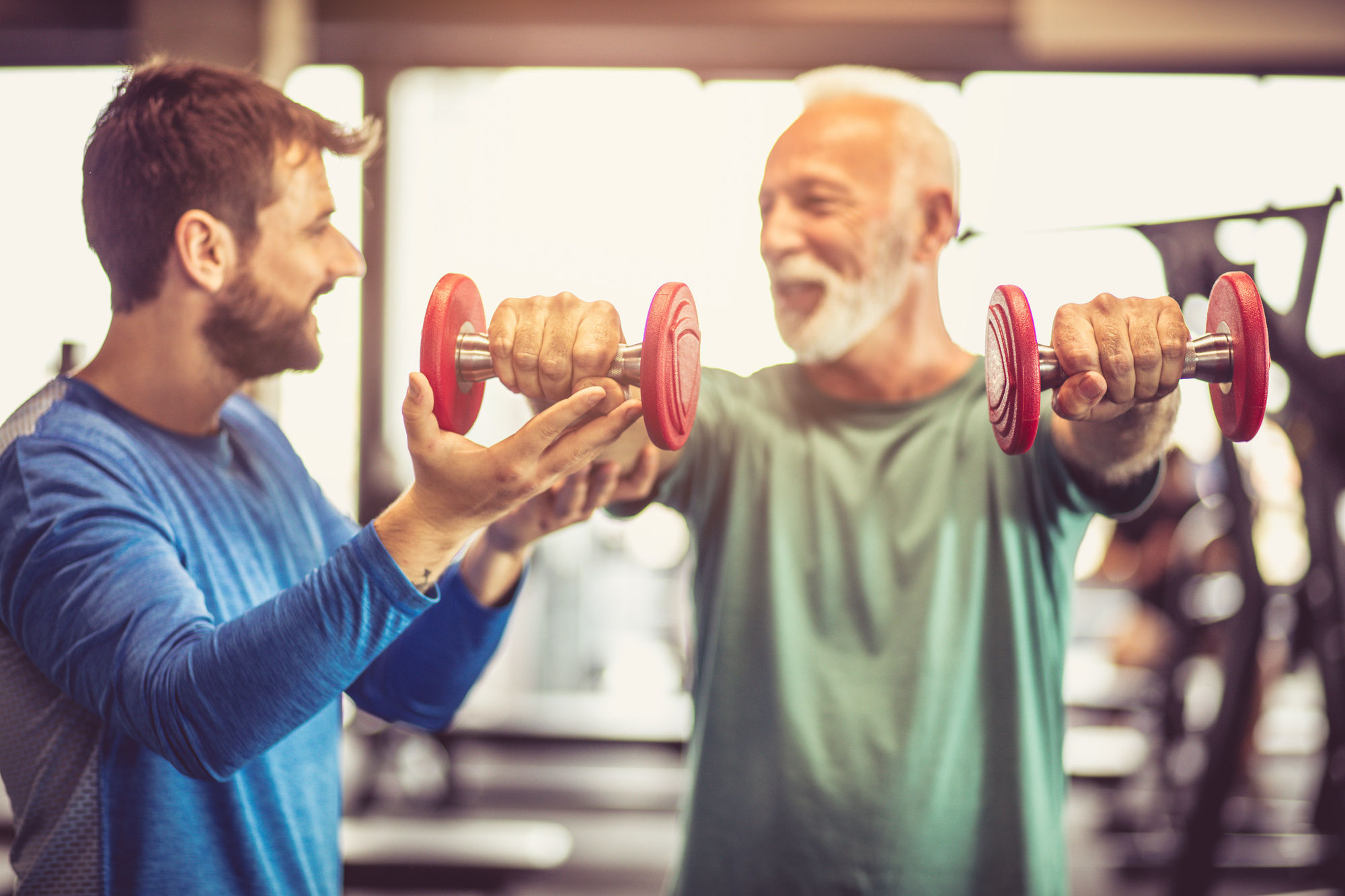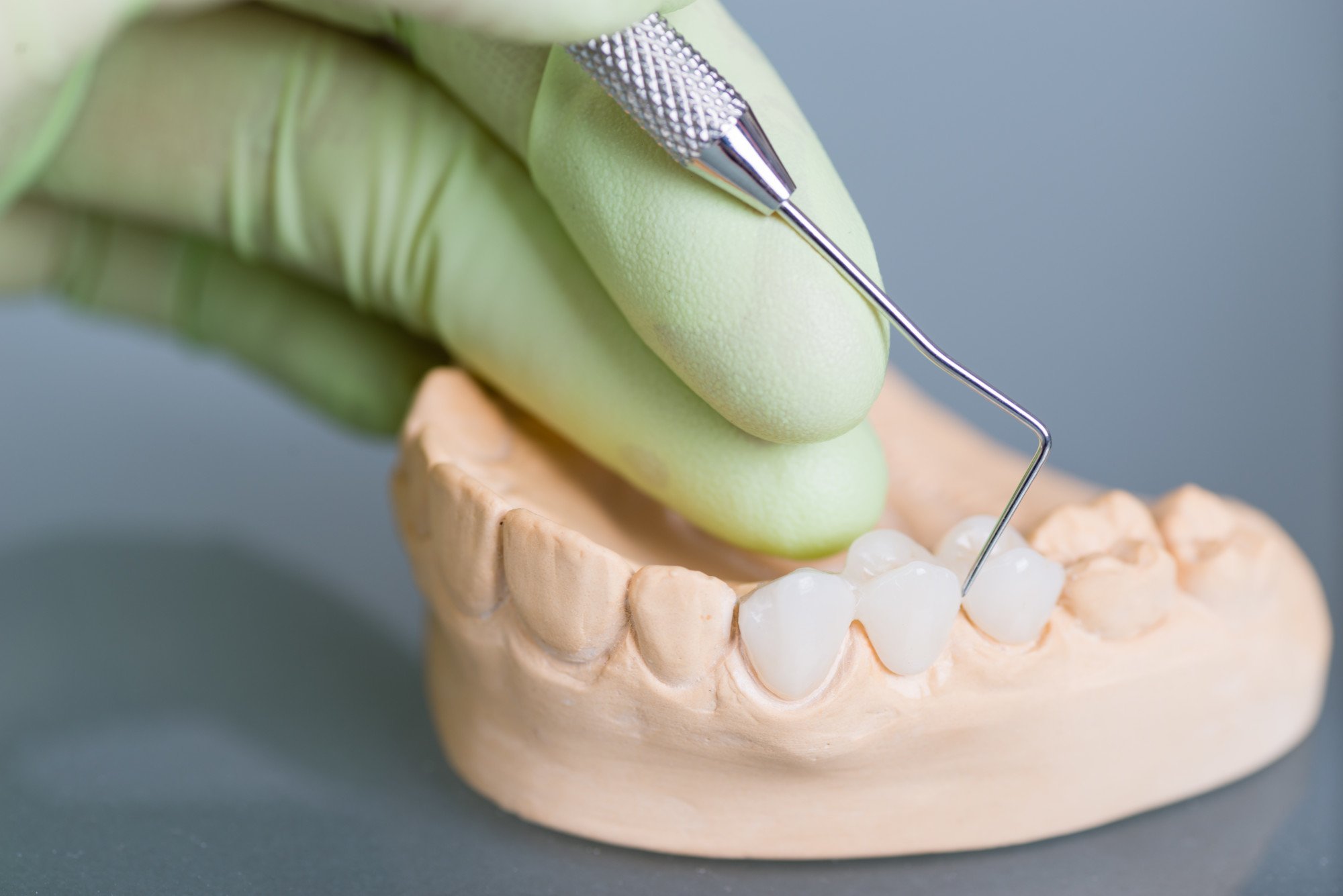
After the age of thirty, everyone loses around 3% to 5% of their muscle mass every decade. While this is an unfortunately natural part of aging, there are ways to sidetrack muscle loss. This guide will cover muscle loss basics and ways to prevent future muscle loss.
What Causes Muscle Loss as We Age?
Age-related muscle loss, also known as sarcopenia, happens naturally. Aging leads to fast-twitch muscle loss and lean muscle deterioration.
While a sedentary lifestyle speeds up this process, deterioration is mostly unavoidable. However, there are ways to slow the process down enough to the point where deterioration is unnoticeable.
How To Prevent Muscle Loss Due to Aging
Slowing down the deterioration process as early as possible makes aging more comfortable and less painful. By implementing these tips into your lifestyle, you’ll slow down muscle deterioration and guarantee a more comfortable aging process.
Eat Food With the Right Nutrition
Your diet should include food that has muscle-friendly nutrients. Protein from meat and eggs is vital—you should be eating around three servings daily to make sure you’re getting enough.
Carbohydrates are also important to add to your diet if you’re exercising daily. Opt for carb-rich food choices with vitamins and other healthy nutrients instead of refined carbs. Carbs boost energy levels, which will help you exercise more efficiently.
Exercise Daily
Exercising daily is an essential task that prevents muscle loss. Including daily walks, aerobics, or weight lifting into your daily routine helps maintain muscle mass. Plus, daily exercise maintains your body’s overall health.
Getting into the habit of daily exercise will help you consistently prevent muscle loss. Be sure to implement a routine that you’ll be able to follow as you continue to age. High-impact exercises will be harder in the future, so consider more low-impact exercises like swimming or yoga.
Get an Ideal Amount of Sleep
Sleep is how your body regenerates, including your muscles. If you’re not getting enough sleep, your body doesn’t have enough time to regenerate. This leads to more rapid muscle loss and even negatively impacts cognition.
Take the Right Vitamins
Calcium and vitamin D levels are important to keep an eye on. Vitamin D affects your body’s ability to build your muscle, while calcium is important for maintaining healthy muscle contraction. Incorporating testosterone or testolone supplements may also improve lean muscle mass generation.
Cut Your Vices
Vices like alcohol and smoking negatively impact muscles, as well as other organs. Both of these habits directly harm your muscles in subtle ways.
For example, smoking decreases the number of small blood vessels. These blood vessels are responsible for bringing oxygen and helpful nutrients to your muscles. Without enough oxygen and nutrients, your muscles begin to exhibit signs of deterioration.
Deterring Muscle Loss With Healthy Habits
Muscle loss and health issues go hand-in-hand. Keeping yourself active and healthy will ensure your muscle mass stays intact, as well as your overall health.
If you liked this post, check out the rest of our blog. We write about shopping, entertainment, and lifestyle.





